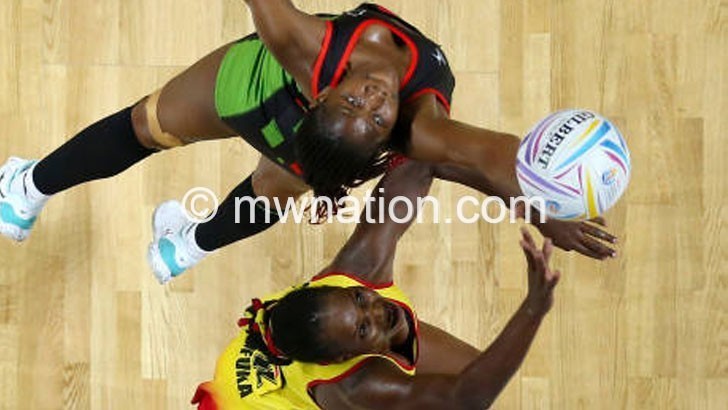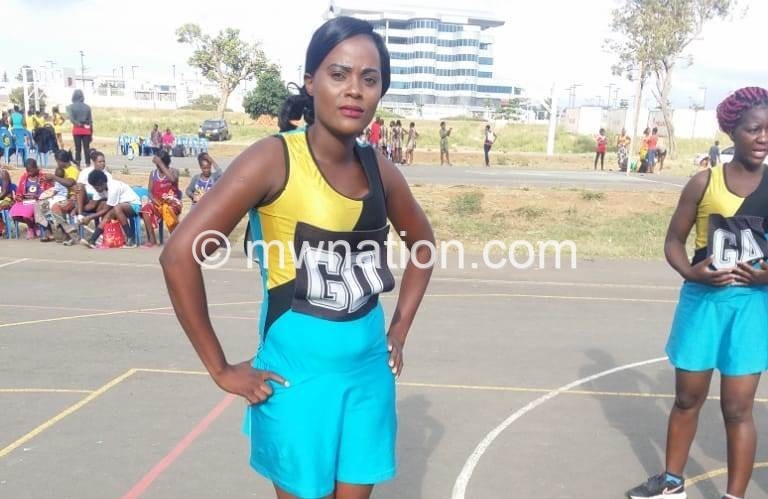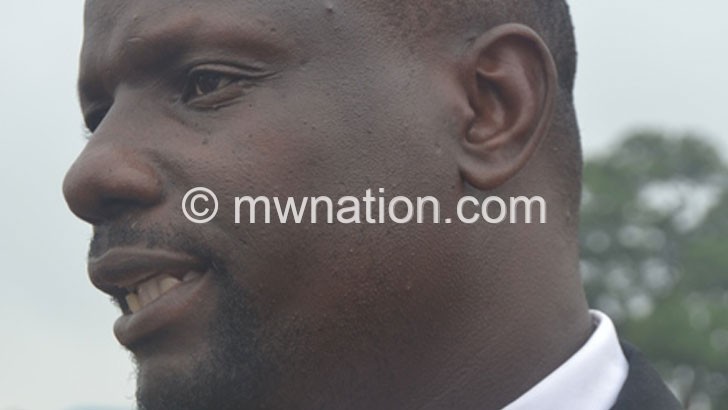Whither Malawi clubs?

Domestic football clubs are bleeding profusely. They are getting anaemic. FAM must step in and stamp its authority to re-organise club management structures lest football dies completely.
On paper, all is about the Flames blowing cold, players becoming increasingly unmarketable, sponsorship taps drying up, gate fraud deeply ingrained, facilities becoming dilaphidated, officials becoming indispensable and fans invincible.
In the end, there is a reign of terror on domestic fields as violence and hooliganism spread like bush fire. This is so as fans have become so powerful that they undermine officials, observed ex-FAM president Geoff Gondwe.
“It must be conceded that violence and hooliganism have gone out of hand and there seems to be power struggle between administrators and supporters. It is pathetic that instead of playing a complementary role, the supporters continue to pursue an aggressive and authoritative approach in dealing with club issues. Such an attitude is a recipe for insubordination and disaster, which leads to unruly behaviour that begets violence and hooliganism,” Gondwe warned.
At first, the excuse for violence was on presumed poor officiation. Then the blame shifted to Malawi Defence Force (MDF) clubs’ provocation and intimidation.
But when the mother of violence and hooliganism exploded like a volcano inside a crammed Balaka Stadium on December 28 2013, costing Lemiyasi Josita’s life and maiming 20 others while abruptly curtailing Silver Strikers’ meeting with Mighty Wanderers, no single finger could point at Army teams, let alone the whistlemen.
With the indicent on what was supposed to be the last day of the season, finally all became crystal clear—clubs and their wayward fans are the reason domestic football is on its knees.
Yet the situation should not have reached this lowest ebb had FAM and Sulom learnt to put their feet down and enforce a blueprint for reviving the local game.
Fifa, through its regional development officer Ashford Mamelodi, foresaw the club mess and advised the Super League of Malawi (Sulom) to go professional using the 2009 Lilongwe Declaration which team officials willingly endorsed over cups of coffee and tea.
Former Zomba United general secretary Wanangwa Jere was part of the conception of the declaration and witnessed how failure to abide by it eventually led to his side’s relegation and he faults FAM and Sulom.
“FAM and Sulom should go back to the Lilongwe Declaration, which talks about clubs going professional. They need to overhaul the whole system and start all over again. We need new people with new ideas to run clubs as business entities. People with business interest can be responsible and not tolerate violence,” Jere argued.
Neither FAM nor Sulom had the guts and guile to ensure enforcement, but somehow hoped club officials, who are forced out of office at the slightest whim of fans, would see sense in that document.
This is a document which called for limitation of teams to two from the same institution in the Super League, reduction of Super League teams from 15 to 12, setting up of mandatory club secretariats, employment of qualified club accountants and decent training grounds, among others.
From the list of club officials who attended the meeting, only those for Silver Strikers (McDonald Mafuta Mwale) and Sydney Chikoti of Azam Tigers are surviving on their seats. The rest were either voted out by the fans or they jumped ship.
Lack of continuity and legal club ownership was the very reason Fifa called for implementation of the Lilongwe Declaration. Failure to trim Super League composition has regional champions that are promoted to the Super League failing to survive beyond a season.
Mzuzu United, Mponela United and Evirom are all back to Premier Division after a season in the Super League. Support Battalion make it the fourth Malawi Defence Force (MDF) club in the Super League against the Fifa recommendations. Civilians’ rebellion against Army teams last season proves Fifa had a point.
But who will bring sanity? Fifa came to Malawi through its member FAM, whose mandate is to in turn police Sulom then the clubs. Save for empty tough talk in the media, none of the two camps seem interested to push the declaration.
Jere points a finger to FAM and Sulom for “being too focused on the Flames, which is government’s business, instead of paying attention to clubs which produce players.”
It is logical that club ownership must be in the hands of football business entreprenuers. In this way, such businesspersons would only be enslaved by profit-making instead of noisy fans.
In that way, argued another football analyst George Kaudza-Masina, there will be proper club structures and jurisdiction.
“The criteria of choosing the executive need a review for each member to add value. Fans need to be told their responsibilities. Clubs need to go commercial and be run as companies. Supporters need to be registered and be affiliating to the club with clear guidelines of the do’s and don’ts unlike is the case now,” explained the former FAM general secretary Masina.
But it is one thing talking about clubs going professional, and totally another enforcing the declaration. Gondwe warned that leadership, especially in sports, is not for the faint-hearted.
“There is need for club constitutions to clearly stipulate the role of supporters in line with FAM and Fifa statutes and ensure that any violations are strictly dealt with to instil discipline at club level. FAM should ensure that club constitutions are scrutinised to ensure inclusion of appropriate provisions in this regard,” he advised.





